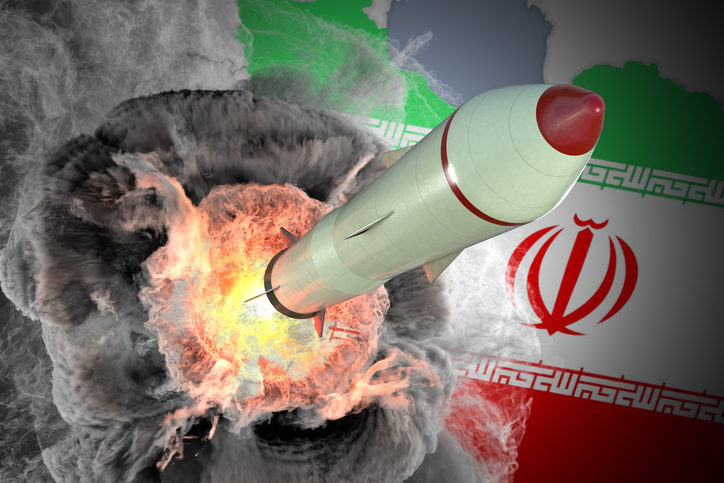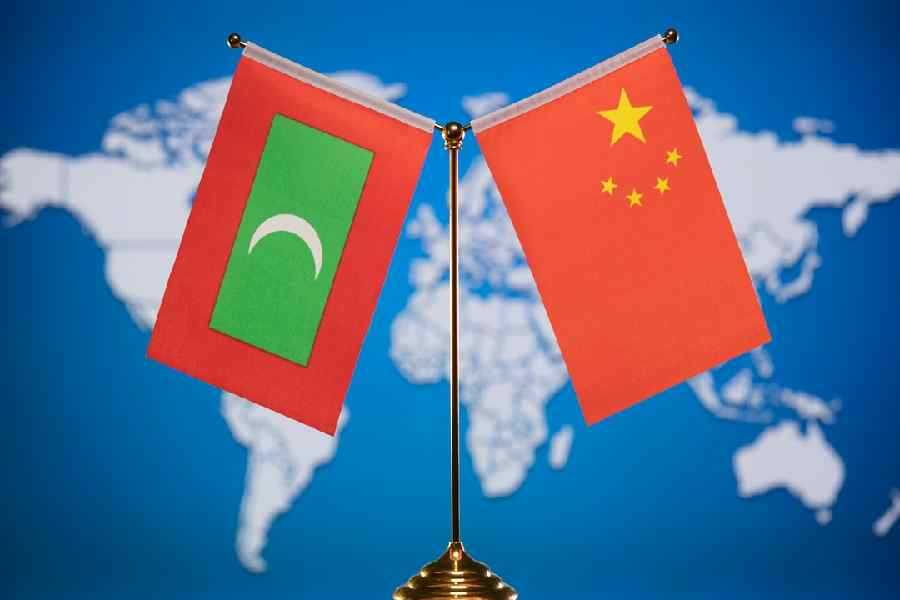
Posted On : Dec 2 2024
Iran`s Nuclear Program: A Complex Journey Toward Controversy and Diplomacy
Iran`s nuclear program has long been a focal point of international tension, political maneuvering, and complex diplomacy. From its inception in the mid-20th century to the present day, Iran`s pursuit of nuclear technology has sparked debates over proliferation, regional security, and the balance of power in the Middle East. This article explores the history, development, and geopolitical implications of Iran`s nuclear program.
Origins and Early Development
Iran's nuclear ambitions date back to the 1950s under the reign of Shah Mohammad Reza Pahlavi. With support from the United States through the Atoms for Peace program, Iran established its Atomic Energy Organization in 1957 and began constructing its first nuclear reactor in Tehran. The Shah envisioned nuclear energy as a means to modernize Iran and reduce dependence on oil.

The 1979 Islamic Revolution, which replaced the Shah's regime with Ayatollah Khomeini's theocratic government, temporarily halted the program. However, during the 1980s Iran renewed its nuclear efforts, partly motivated by the devastating Iran-Iraq War and the need for a strategic deterrent.|
Secretive Advancements and International Scrutiny
Throughout the 1990s and early 2000s, Iran's nuclear activities drew increasing international scrutiny. Reports of undeclared facilities and enrichment activities led to suspicions that Iran sought to develop nuclear weapons. In 2002, the National Council of Resistance of Iran, an opposition group, revealed the existence of nuclear sites at Natanz and Arak, igniting global concerns.
The International Atomic Energy Agency (IAEA) launched investigations, finding evidence of Iran's non-compliance with the Nuclear Non-Proliferation Treaty (NPT), to which it is a signatory. These findings fueled fears that Iran's nuclear program had a military dimension, despite Tehran's insistence on its peaceful intent.
Diplomatic Efforts and the JCPOA
Intense diplomatic efforts ensued, leading to a landmark agreement in 2015 known as the Joint Comprehensive Plan of Action (JCPOA). Negotiated between Iran and the P5+1 (the United States, United Kingdom, France, Russia, China, and Germany), the JCPOA aimed to limit Iran's nuclear capabilities in exchange for the lifting of economic sanctions.
Key provisions of the JCPOA included reducing Iran's uranium enrichment capacity, redesigning the Arak heavy-water reactor, and allowing stringent IAEA inspections. In return, Iran received relief from crippling economic sanctions, which provided a significant boost to its economy.
Challenges and Controversies
The JCPOA faced significant challenges from the outset. Critics argued that the deal did not adequately address Iran's ballistic missile program or its regional activities. In 2018, then-President Donald Trump withdrew the United States from the agreement, reinstating sanctions and prompting Iran to gradually roll back its compliance with the deal.
Since then, Iran has resumed enriching uranium beyond JCPOA limits and restricted IAEA inspections, escalating tensions with the international community. Efforts to revive the JCPOA under President Joe Biden have faced obstacles, with both sides demanding concessions and assurances.
Regional and Global Implications
Iran's nuclear program has profound implications for regional security and global non-proliferation efforts. Israel, Saudi Arabia, and other Middle Eastern countries view a nuclear-armed Iran as a dire threat, potentially sparking a regional arms race. Israel, in particular, has repeatedly warned that it will take military action to prevent Iran from acquiring nuclear weapons.
Globally, Iran's nuclear ambitions test the strength of the non-proliferation regime and the effectiveness of diplomatic solutions to curb nuclear proliferation. The JCPOA's uncertain future underscores the challenges of achieving long-term agreements in a volatile geopolitical landscape.
Conclusion
Iran's nuclear program remains a contentious issue at the heart of Middle Eastern geopolitics and international diplomacy. The complex history of Iran's nuclear development, marked by secretive advancements, intense scrutiny, and landmark agreements, reflects broader struggles over security, sovereignty, and the prevention of nuclear proliferation.
As diplomatic efforts continue, the international community faces the critical task of balancing pressure and engagement to prevent the escalation of conflict and ensure regional stability. The outcome of these efforts will shape the future of Iran's nuclear program and its role on the global stage, underscoring the enduring importance of diplomacy in addressing one of the most challenging issues of our time.
No Comments Added




















